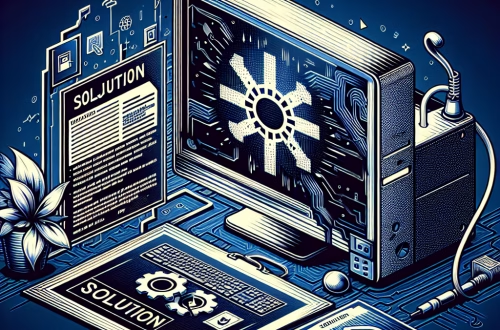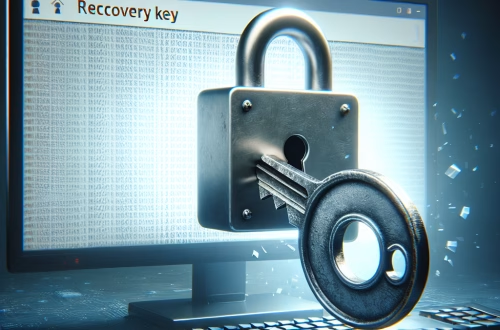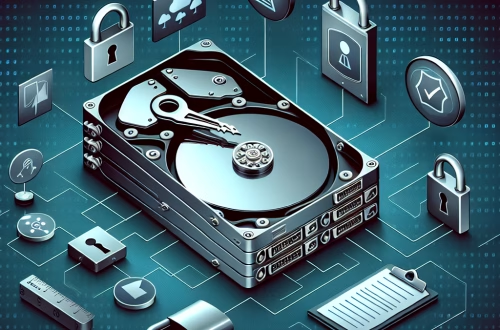Should I Use BitLocker on a Gaming PC?
Summary:
BitLocker is Microsoft’s full-disk encryption feature designed to protect data on Windows-based systems. When applied to a gaming PC, BitLocker can safeguard sensitive files, but it introduces unique considerations such as potential performance overhead, compatibility with gaming software, and recovery complexities. Common triggers for enabling BitLocker include multi-user environments, portable gaming setups, and concerns about physical theft. However, gamers must weigh security benefits against potential system latency or troubleshooting challenges during hardware upgrades.
What This Means for You:
- Immediate Impact: Enabling BitLocker may marginally reduce SSD/HDD read/write speeds, potentially affecting game load times—though modern hardware often mitigates this.
- Data Accessibility & Security: BitLocker prevents unauthorized access if your gaming PC is stolen, but losing the recovery key renders data permanently inaccessible unless backed up properly.
- System Functionality & Recovery: Hardware changes (e.g., GPU upgrades) may trigger BitLocker recovery mode; always suspend BitLocker (
Suspend-BitLocker) before modifying components. - Future Outlook & Prevention Warning: Microsoft recommends TPM 2.0-based encryption for optimal security—verify your motherboard’s TPM support before enabling BitLocker.
Explained: Should I Use BitLocker on a Gaming PC?
Solution 1: Assessing Performance Impact
BitLocker’s AES-256 encryption uses CPU instructions (AES-NI) on modern processors, minimizing performance loss. Test real-world impact by benchmarking games before/after activation using tools like 3DMark. NVIDIA and AMD drivers are generally compatible, but suspend BitLocker (Manage-BDE -protectors -disable C:) before GPU driver updates to avoid conflicts.
Solution 2: Managing Recovery Keys
Store recovery keys in multiple secure locations—Microsoft Account, USB drive, or printed copy. For gaming PCs used in LAN parties, consider a BIOS password alongside BitLocker to prevent unauthorized boot attempts. Retrieve keys via PowerShell (Manage-BDE -protectors -get C:) if misplaced.
Solution 3: Hardware Upgrade Protocol
TPM modules tie encryption to specific hardware configurations. Before upgrading CPUs/motherboards, decrypt the drive (Disable-BitLocker -MountPoint "C:"), then re-enable BitLocker post-upgrade. For SSDs with hardware encryption (e.g., Samsung EVO), use manufacturer tools instead to avoid dual encryption layers.
Solution 4: Game-Specific Optimizations
Some anti-cheat systems (e.g., Valorant’s Vanguard) may require BitLocker exceptions. Add exclusion paths via Group Policy (gpedit.msc > Computer Configuration > Administrative Templates > Windows Components > BitLocker Drive Encryption). Monitor Event Viewer (eventvwr.msc) logs for disk-related errors during gameplay.
People Also Ask About:
- Does BitLocker affect FPS? No significant FPS drops occur as BitLocker operates at the storage level, not GPU processing.
- Can BitLocker lock me out of my games? Only if the OS partition encrypted—steam libraries on secondary drives can remain unencrypted.
- Is BitLocker necessary for single-user gaming PCs? Only advised if storing sensitive data or in high-theft-risk environments.
- How to disable BitLocker temporarily for benchmarking? Use
Suspend-BitLocker -MountPoint "C:" -RebootCount 0to pause until next reboot. - Does BitLocker work with Windows 11 Home? No—BitLocker requires Pro/Enterprise editions.
Other Resources:
- Microsoft Docs: BitLocker Technical Reference
- TomsHardware: SSD Performance Under Encryption
Suggested Protections:
- Enable TPM+PIN protection via (
Manage-BDE -on C: -usedpaceonly -pin) for enhanced security without full-disk encryption. - Exclude game installation directories from encryption using BitLocker’s “Used Space Only” mode.
- Create a system restore point before enabling BitLocker (
Enable-ComputerRestore -Drive "C:\"). - Use hardware-encrypted SSDs (e.g., Crucial MX500) for alternative transparent encryption.
- Regularly export recovery keys (
Backup-BitLockerKeyProtector -MountPoint "C:" -KeyProtectorId "{ID}").
Expert Opinion:
“BitLocker on gaming PCs represents a trade-off between security and convenience. While the performance impact is negligible on modern systems, the real risk lies in inadequate key management—I’ve seen numerous cases where hardware enthusiasts lose access after motherboard swaps. Always implement a multi-tier backup strategy combining BitLocker, cloud saves, and unencrypted external drives for critical game data.”
Related Key Terms:
- TPM 2.0 encryption
- BitLocker recovery key
- AES-NI performance impact
- Gaming SSD encryption
- Windows 11 BitLocker requirements
- LAN party security
- Hardware encrypted SSDs
*Featured image sourced by DallE-3





